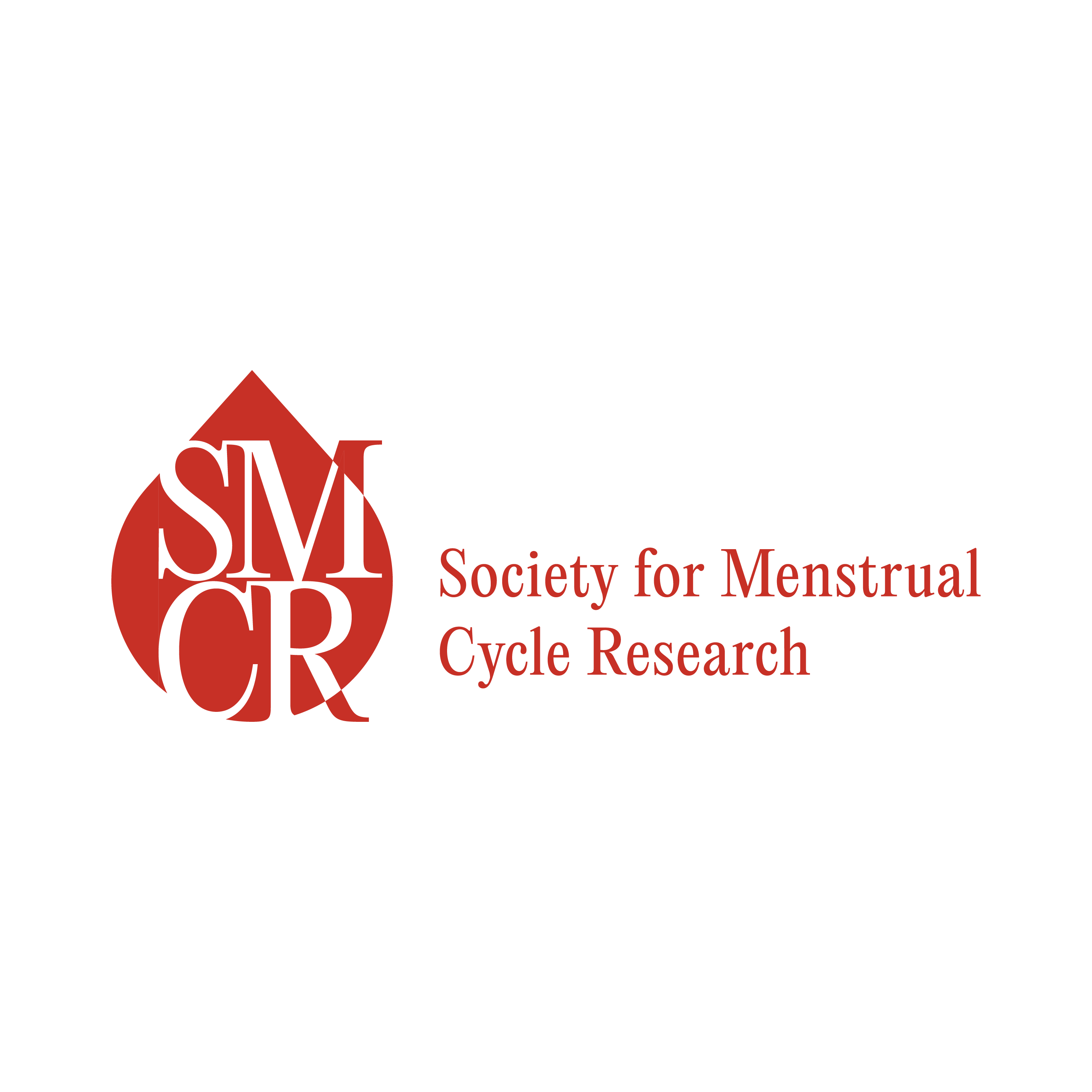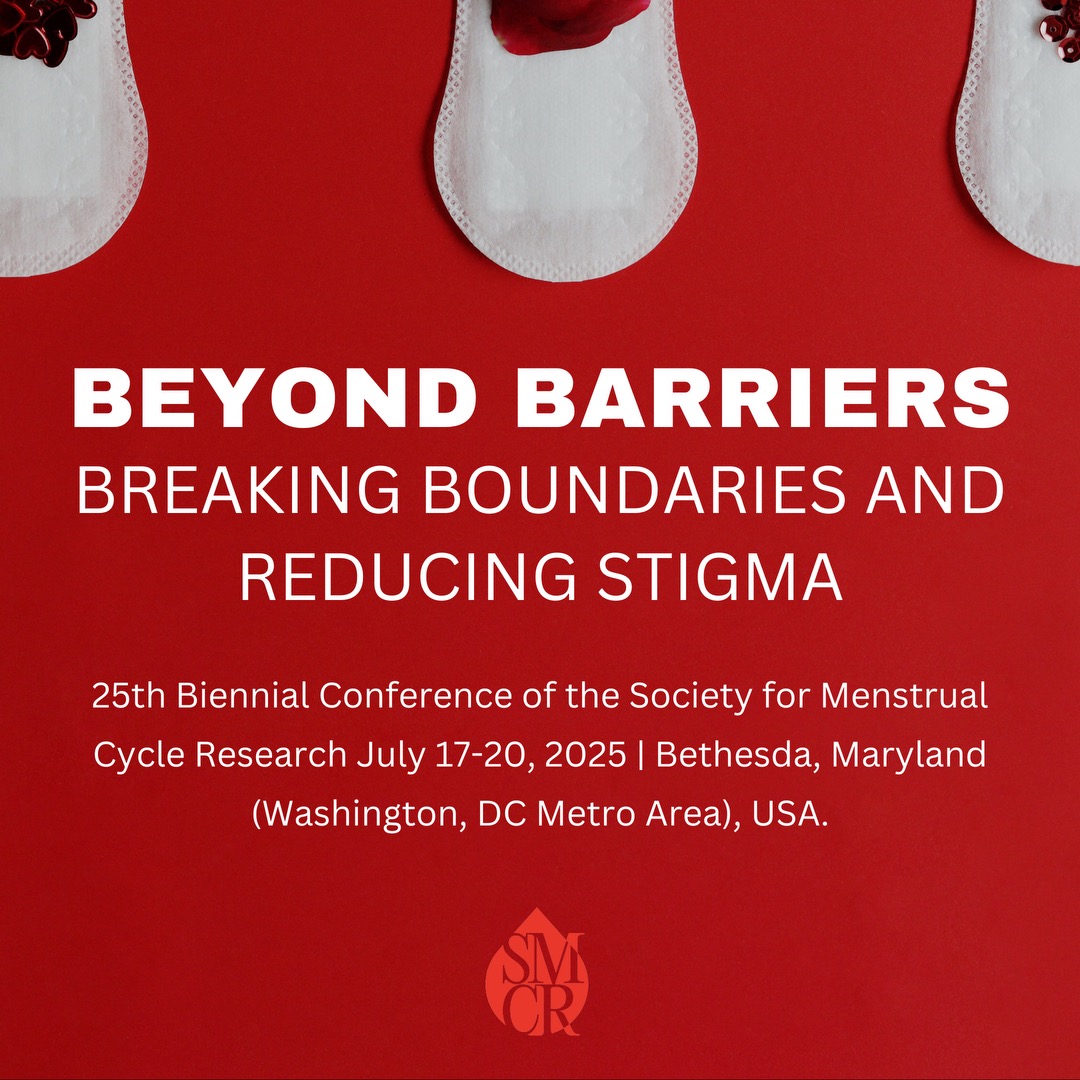
Special Edition of Women’s Reproductive Health
Building bridges: understanding barriers in endometriosis and pelvic pain management.
Please consider a submission and share this with your networks.

Guest editors Mike Armour, Alex Hawkey, Amelia Mardon, Hannah Adler.
Endometriosis and pelvic pain remain challenging conditions, often characterized by delayed diagnoses, limited treatment options, and inadequate support systems at work, education, and at home. These challenges are exacerbated by the “invisible” nature of the illness, frequently leading to under-recognition, and misunderstanding in the clinical, public, and social domains.
Despite ongoing efforts and an increase in research funding in endometriosis over the past decade, significant barriers to accessing timely and effective medical care continue. These include a lack of awareness and understanding of chronic pelvic pain among healthcare providers and resistance to adopting new diagnostic and treatment methods by both patients and health professionals. Additionally, when those with endometriosis and pelvic pain do seek new and effective treatments and look for better support, they frequently face barriers to clinical trial participation, and concerns surrounding new treatments or diagnostic methods are rarely addressed in the clinical setting. More needs to be done to understand why these barriers exist, so that future initiatives can be designed to address these.
We invite researchers to contribute to a special issue focused on exploring and addressing the barriers to the treatment of endometriosis and pelvic pain. Submissions should highlight existing barriers, and provide specific commentary on how to reduce these barriers. This includes focusing on innovative approaches to improving diagnosis, treatment, and support for individuals with endometriosis and pelvic pain. Topics of interest include, but are not limited to:
- The use of novel methods to uncover issues faced in clinical care or within the endometriosis community to increase uptake of new treatment and diagnostic options. This could include interdisciplinary studies which have a sociological, communicative, economic, political, or feminist lens.
- Strategies for enhancing implementation of new methods to support early diagnosis and increase awareness among healthcare professionals.
- Development and implementation of new diagnostic tools and treatment methods, or novel approaches to endometriosis and pelvic pain care.
- Barriers to clinical trial participation and strategies to overcome them in endometriosis and pelvic pain research.
This special issue aims to collect novel contributions on topics including endometriosis, chronic/persistent pelvic pain of various (or unknown) causes including adenomyosis and vulvodynia.
We encourage a broad range of submissions across a range of research, disciplines, and methodologies including, quantitative, systematic, and qualitative or mixed-methods approaches. Article types include empirical academic studies, discussion and opinion pieces, case reports, and artistic contributions, such as reflective first person perspectives. In line with the journal’s focus, submissions that adopt a feminist and/or intersectional perspective are strongly encouraged.
If you are interested in submitting a proposal for a paper, please include the following details:
- Author’s names
- Institution
- Email for contact author
- Article type
- Title of your article
- Summary – a brief summary of no more than 300 words
Please submit your proposal to Guest Editor Mike Armour at m.armour@westernsydney.edu.au by 30 September 2024.
Manuscript submission April 2025.
https://think.taylorandfrancis.com/special_issues/barriers-endometriosis-pelvic-pain-management/

We are excited to announce that the 2025 Society for Menstrual Cycle Research (SMCR) conference will take place from the 17th to 20th of July (Thursday to Sunday). We will be returning to the wonderful Hyatt Regency in Bethesda, Washington DC.
SMCR welcomes researchers, healthcare providers, policymakers, advocates, artists, students, and more to come together, share insights, and inspire change in the menstrual space!
Stay tuned for updates and details by visiting our website and following us on social media:
Call for Papers
Beyond Barriers: Breaking boundaries and reducing stigma
25th Biennial Conference of the
Society for Menstrual Cycle Research
July 17-20, 2025
Bethesda, Maryland (Washington, DC metro area), USA
Call for Abstracts Now Open Until Friday February 21 2025
Click below to learn more about becoming a member
Menstruation Research Slam
Society for Menstrual Cycle Research (SMCR) Webinar
Thursday 29th July, 4pm US EDT; 9pm BST; 6am Sydney (30th July)
The Society for Menstrual Cycle Research (SMCR) hosted an online mini-conference on 29/30 July 2021 to showcase the work of SMCR members via Zoom.
This was the second in a series of free SMCR webinars in 2021 which will take the place of our biennial conference, which has been postponed due to Covid-19. Join us to hear about cutting edge theory, research and activism in the field of menstruation studies, and to take part in the discussion.
From Menstrual Moment to Menstrual Movement
Society for Menstrual Cycle Research (SMCR) Webinar
Thursday 25th February, 4pm US EST; 9pm UK; 8am Sydney (26th Feb)
Periods are having their moment – in this SMCR webinar we hear from people who are turning it into a movement
Elizabeth Arveda Kissling: reading Gloria Steinem’s ‘If Men Could Menstruate’
Jane Ussher: Revisiting the Monstrous Feminine
Eugenia Tarzibachi: Menstrual justice. The impact of menstrual advocacy in Argentina
Breanne Fahs: The Messy Politics of Menstrual Activism
Berkley D Conner: Menstrual Trolls: The Collective Rhetoric of Periods for Pence
Inga T. Winkler: Towards Inclusive Menstrual Health Policy-making
Katie Ann Hasson: Discussant
Tomi-Ann Roberts: Chair
Each of the participants is a contributor to The Palgrave Handbook of Critical Menstruation Studies.
This was the first in a series of free SMCR webinars in 2021 which will take the place of our biennial conference, which has been postponed due to Covid-19. Join us to hear about cutting edge theory, research and activism in the field of menstruation studies, and to take part in the discussion.





